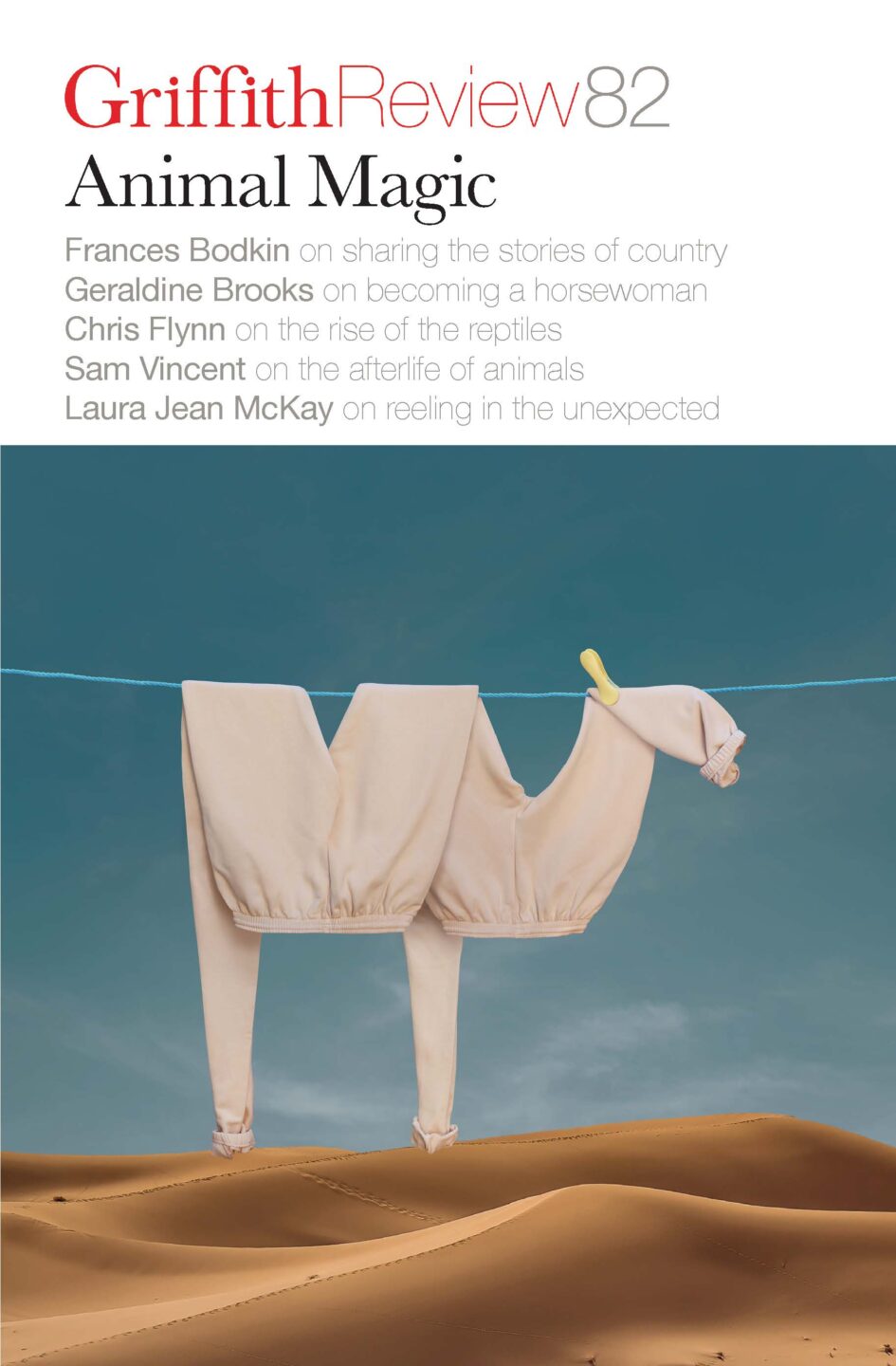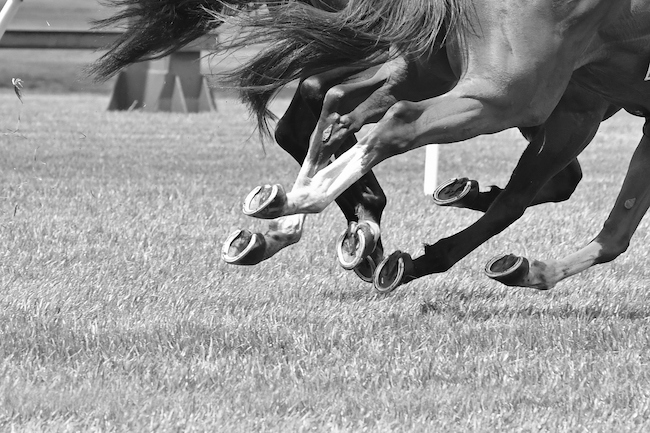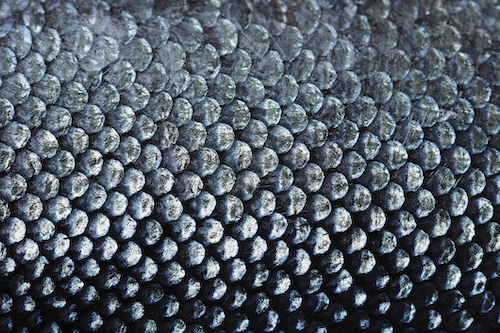A life with horses
Forging an indispensable partnership
Featured in

- Published 20231107
- ISBN: 978-1-922212-89-4
- Extent: 208pp
- Paperback, ePub, PDF, Kindle compatible


Already a subscriber? Sign in here
If you are an educator or student wishing to access content for study purposes please contact us at griffithreview@griffith.edu.au
Share article
More from author

Writing from the past
GR OnlineI SPEND A lot of time in graveyards these days. On mornings when it's too blustery to walk my dogs on the beach, I...
More from this edition

The animal in the walls
Non-fictionScrambling the scientific assumptions of the time, fungi and fungi-like organisms also gained new cultural and symbolic meanings. They began to sprout in the claustrophobic houses of gothic fiction and the swamps of horror; in the centre of the Earth and on the distant moons of science fiction; in utopian tracts, revolutionary and anti-revolutionary literature; and in the parasitic infections of the post-apocalyptic.

A new animal
Poetry My son has made friends with the daddy-long-legs under the kitchen bench. Each morning I am freshly summoned to ‘um ook at em.’ Come look at him. The body: a dot of...

Fish
FictionHe hasn’t caught one in twelve years or more, not since just before Ritchie – Hayley’s oldest – was born. The deboning alone can take half a morning and you have to strip that tail to its cartilage very carefully because there’s a layer of green resin, bitter. In small doses it ruins the meat; poisonous if you eat too much.